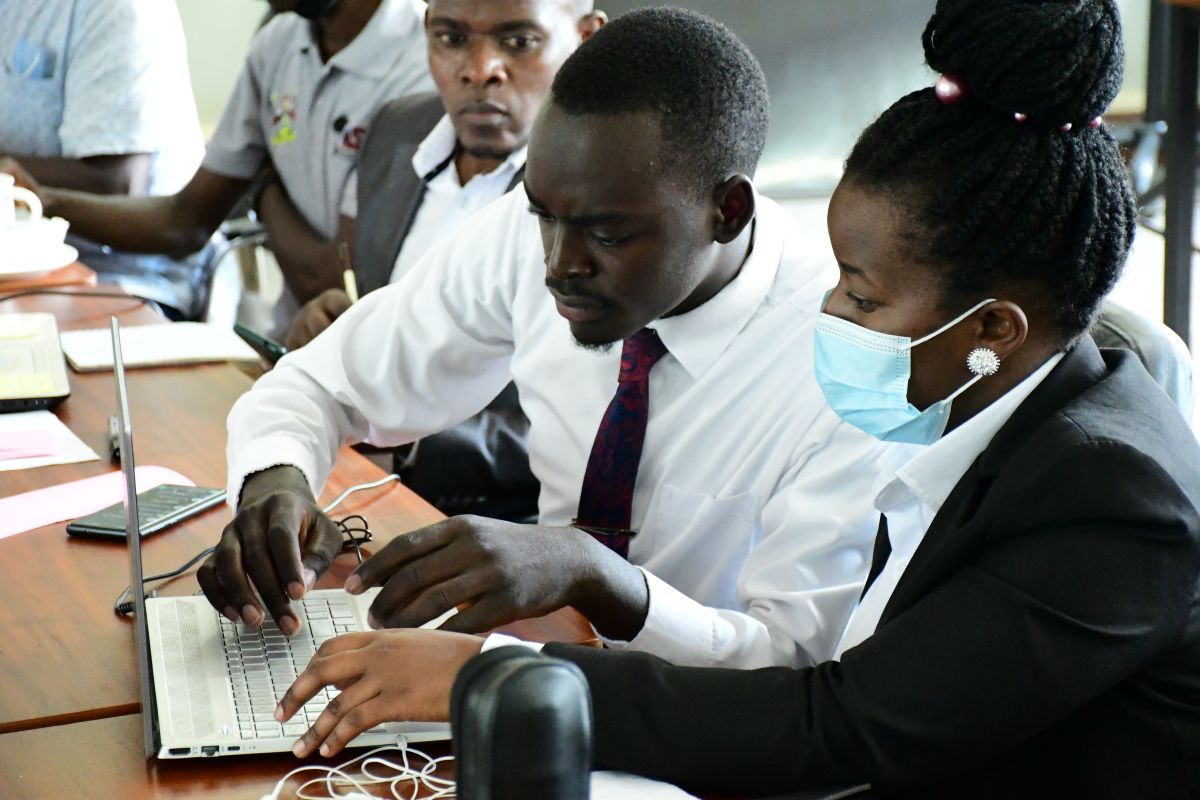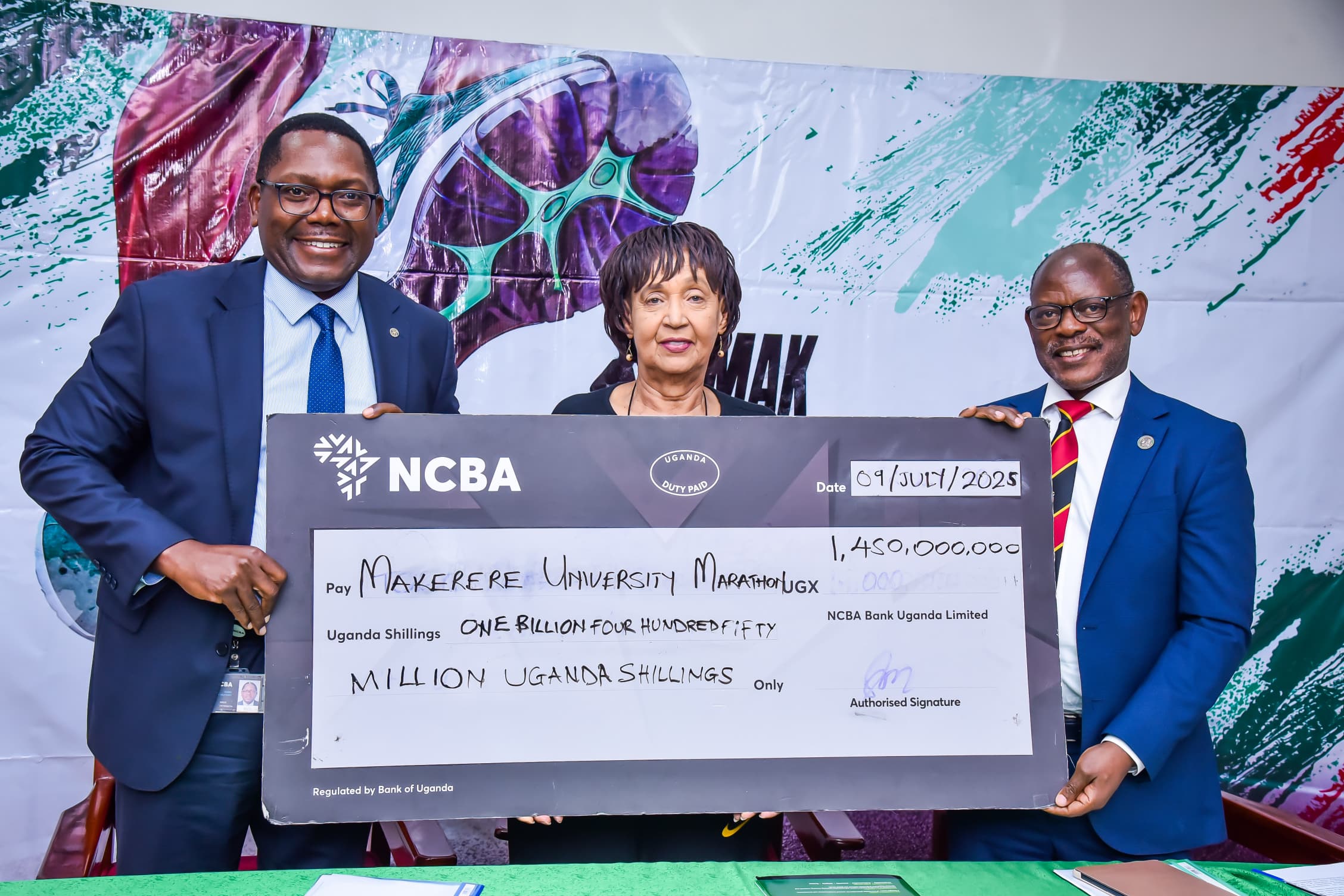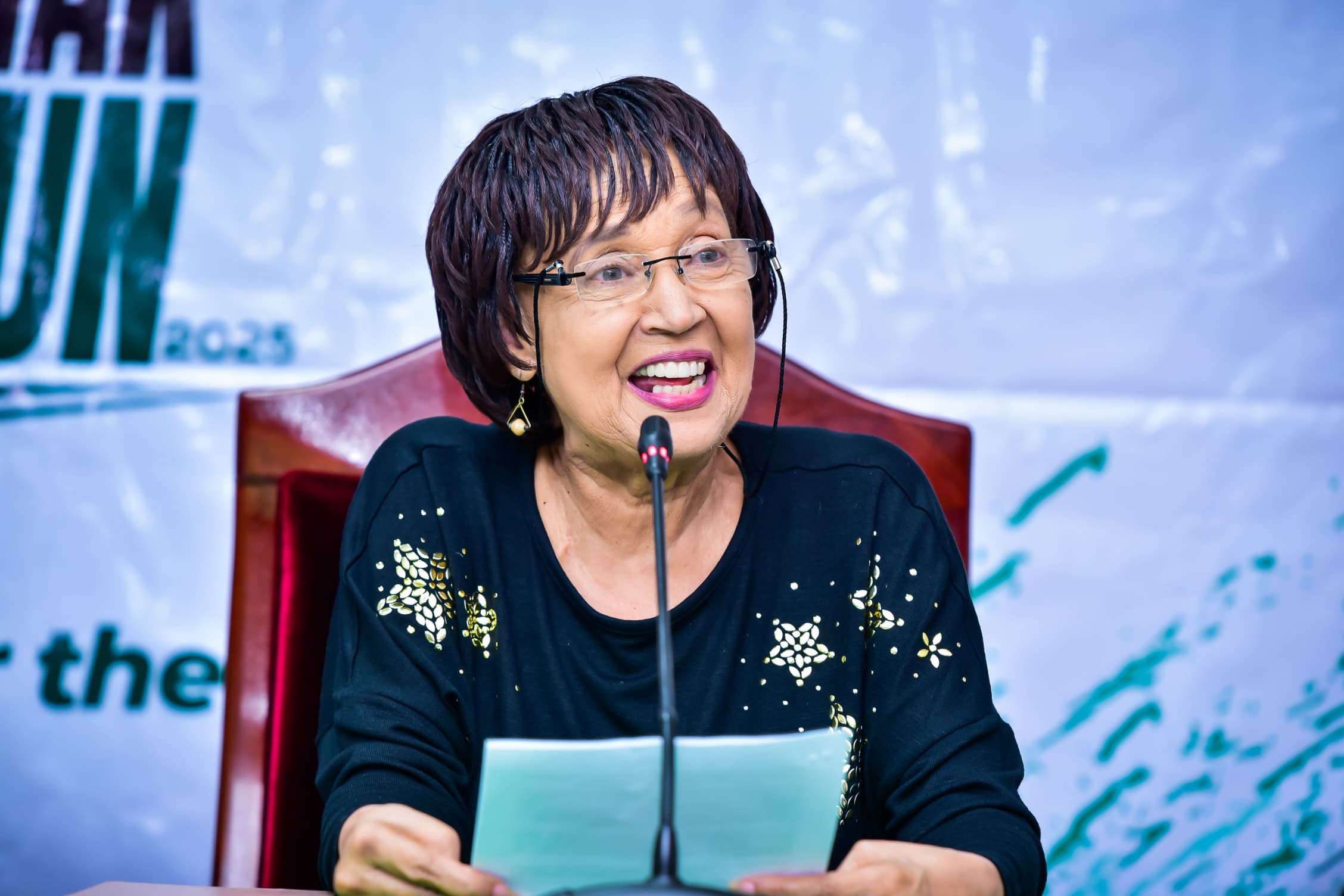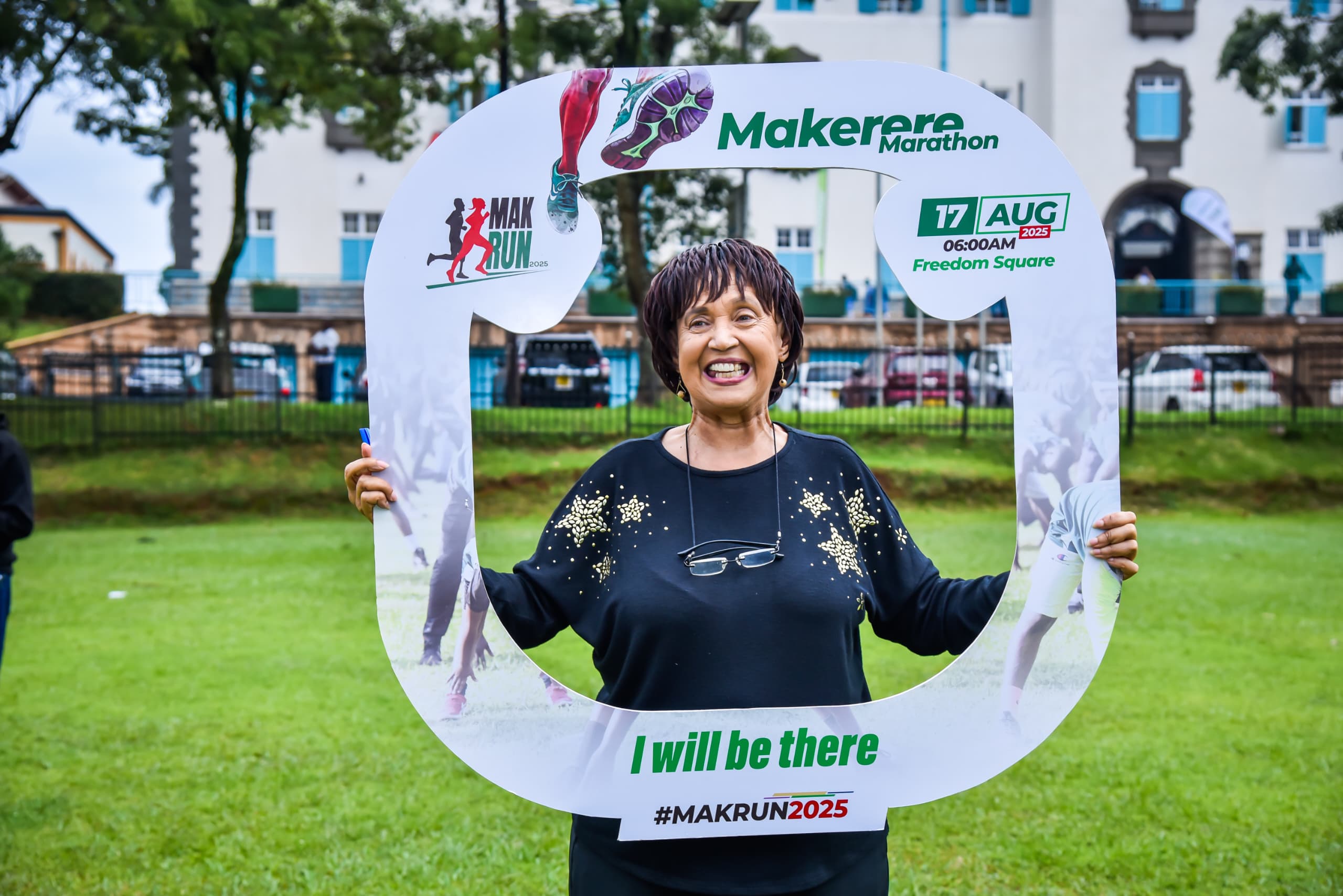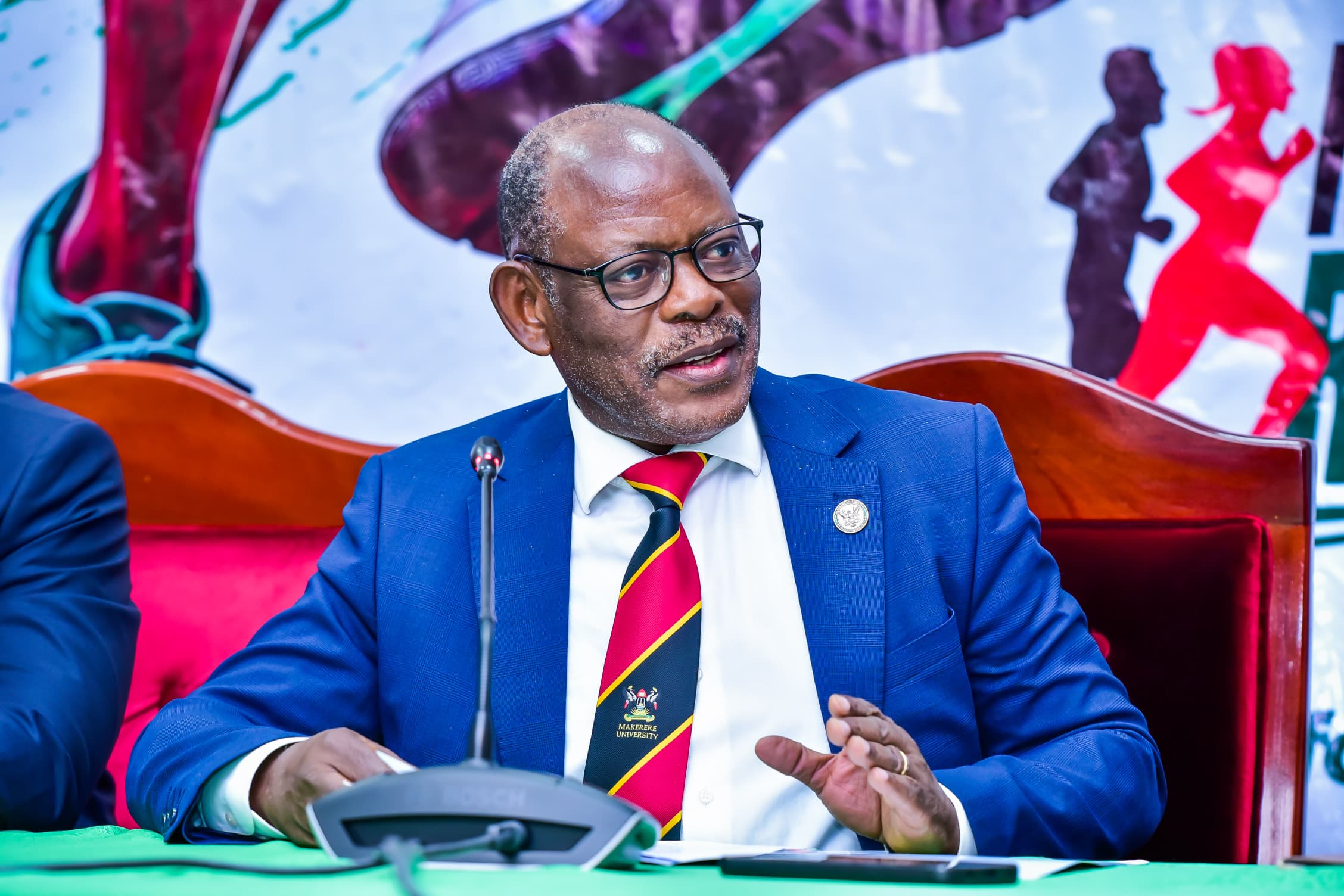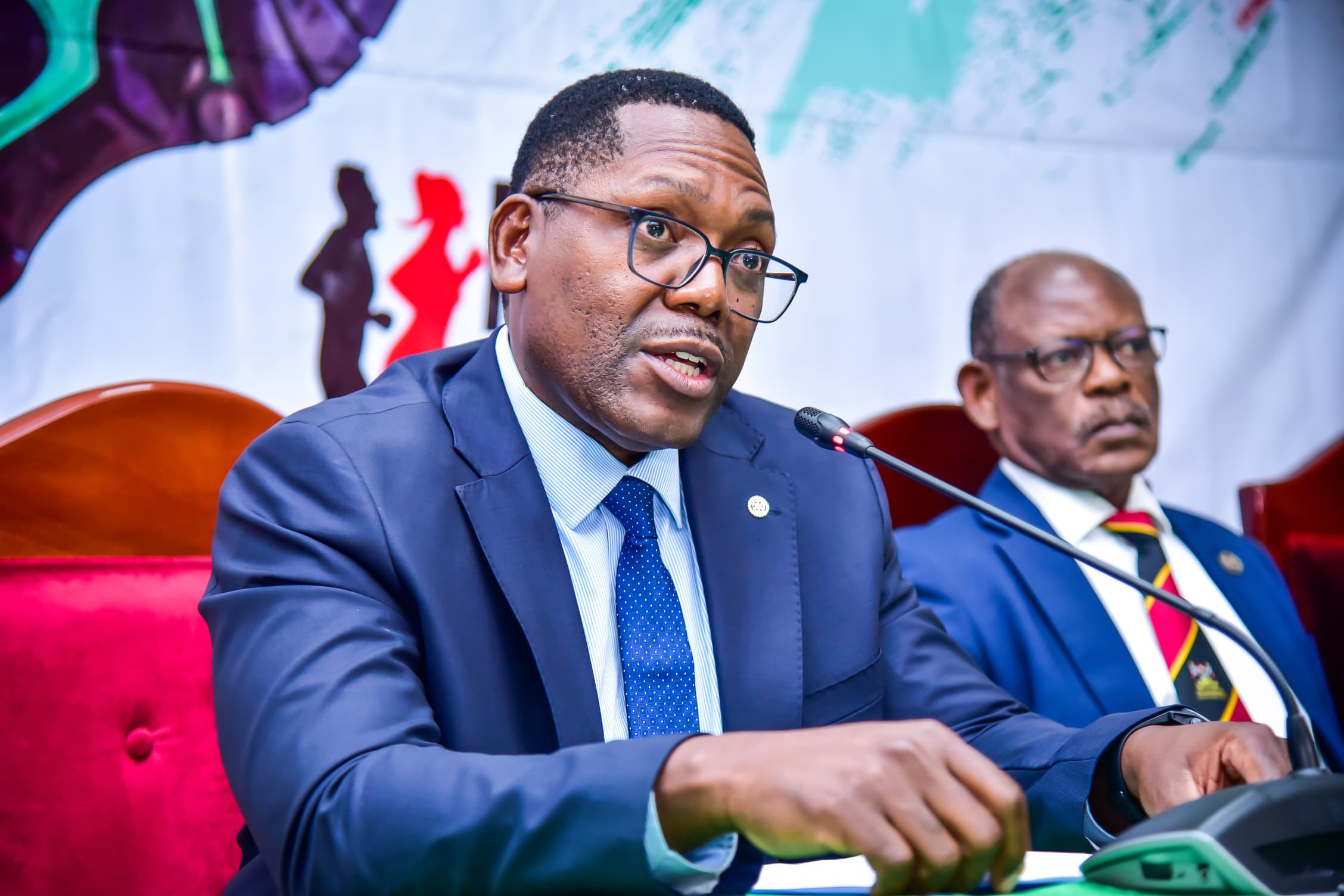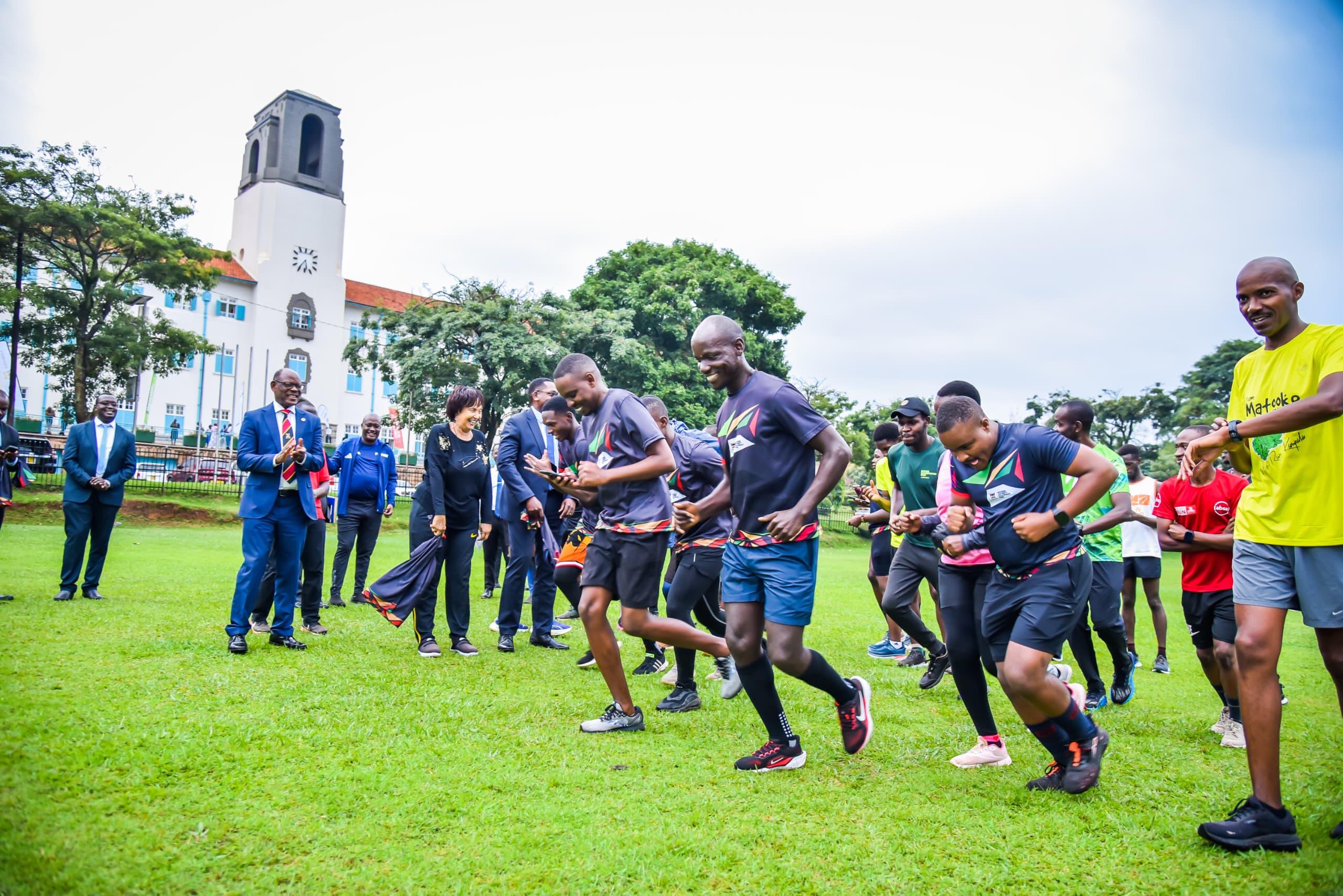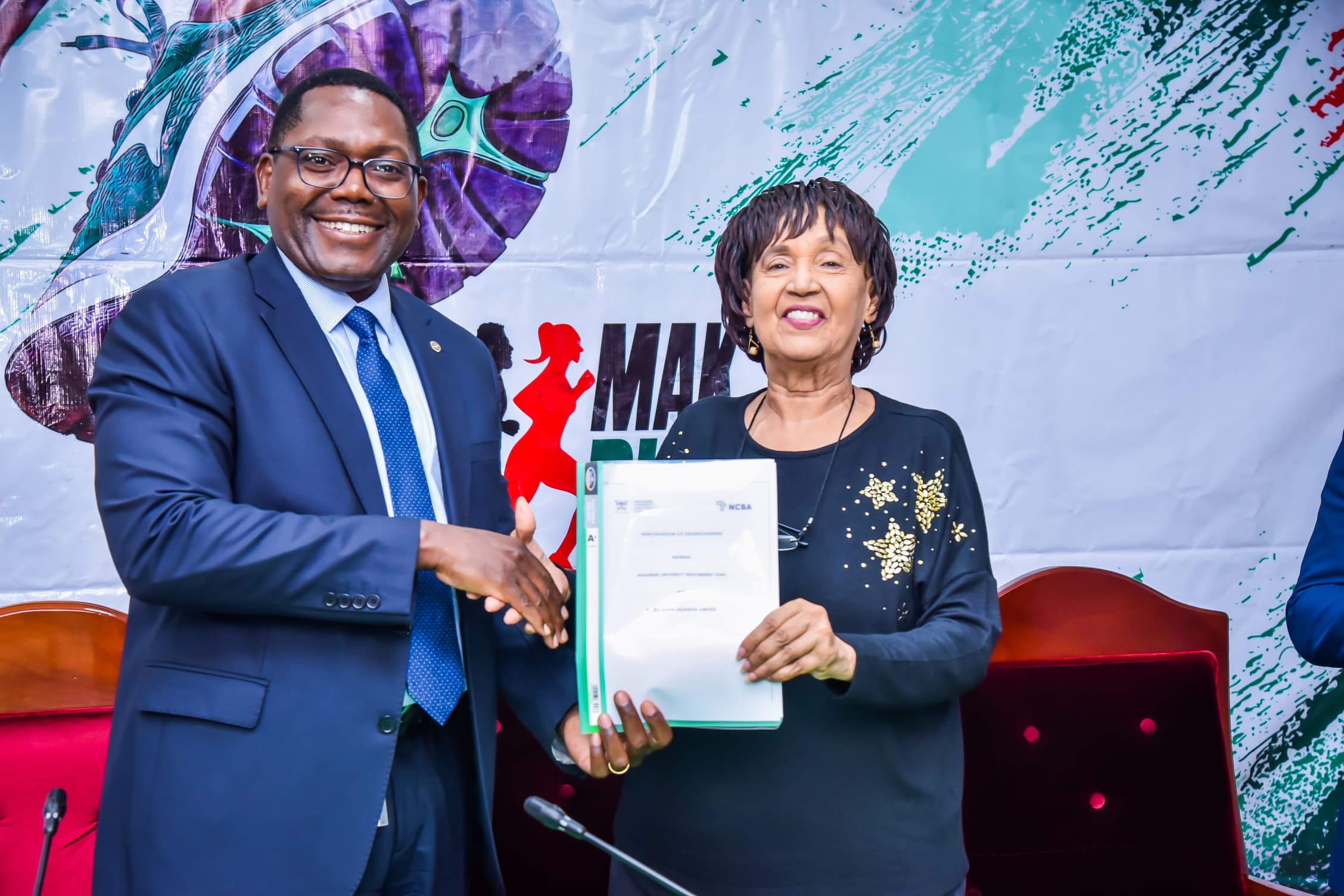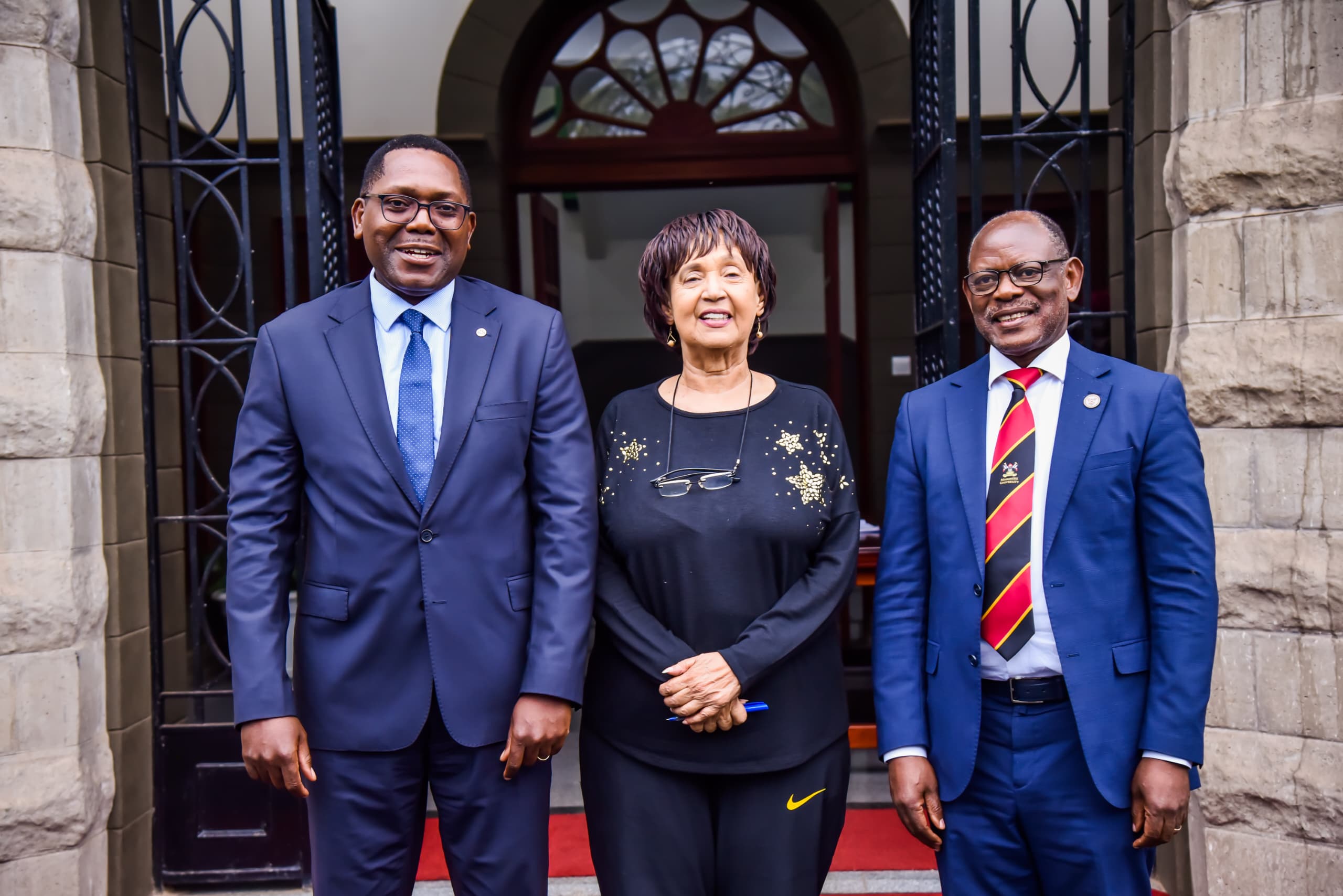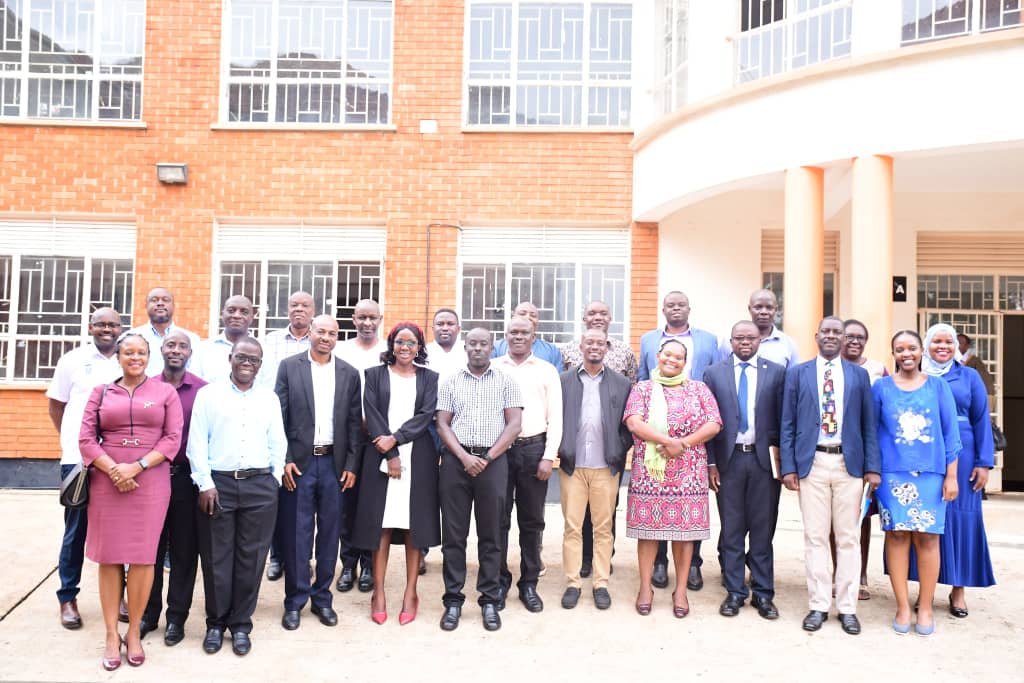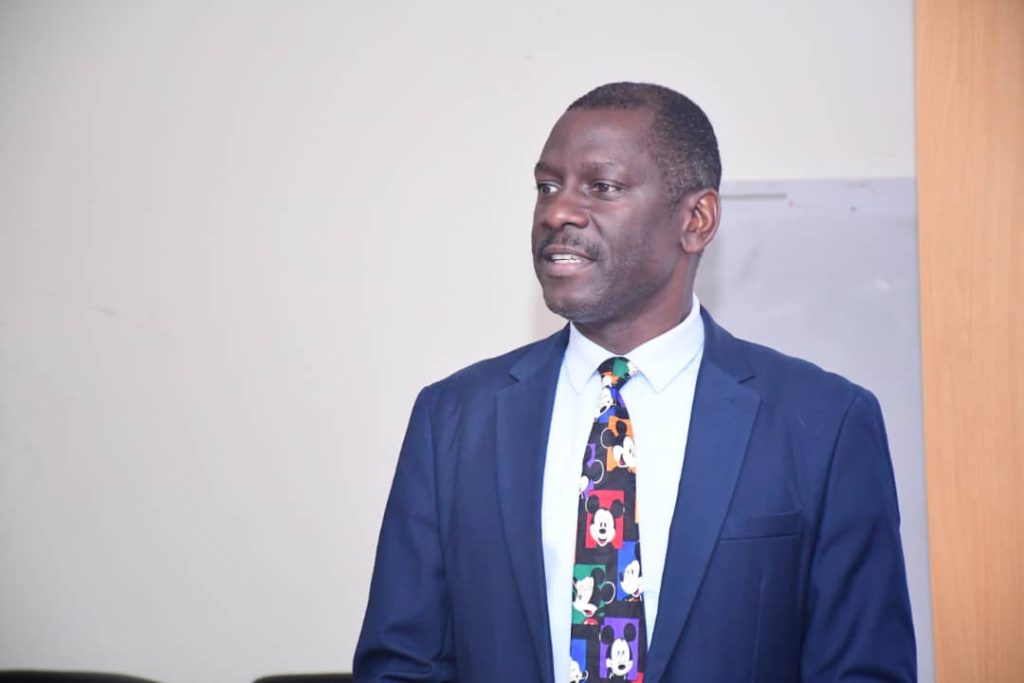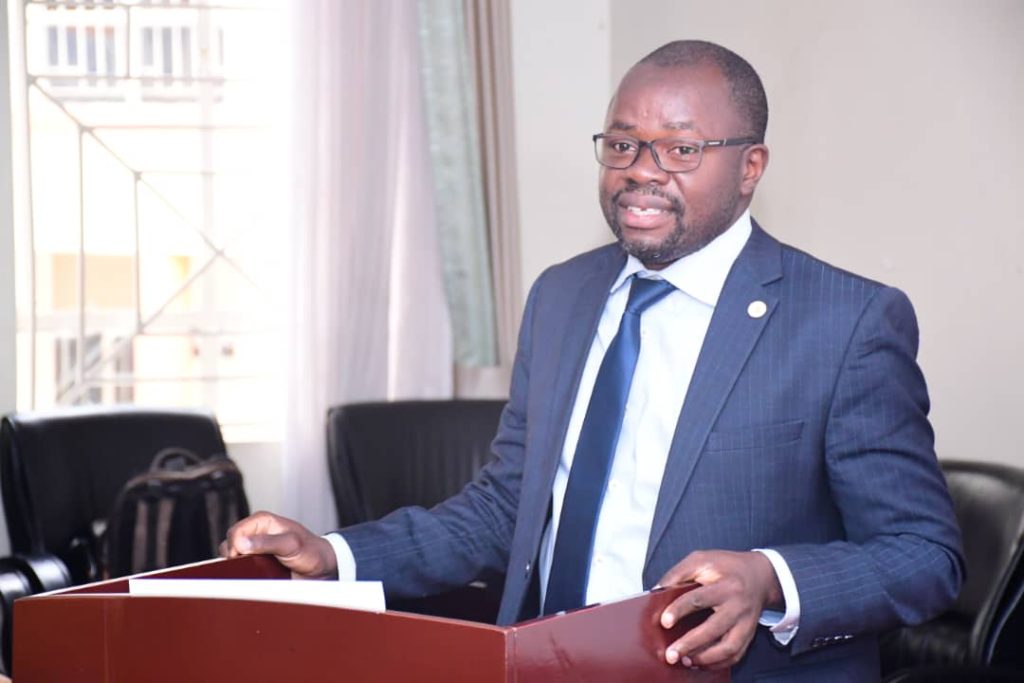The Counselling and Guidance Centre is here to help you address personal or emotional challenges that may affect you while studying or working in Makerere University. The Counselling and Guidance Centre works closely with all university units to enable students realize their academic and personal potential and to assist staff in addressing psychological issues that may affect them in living worthy and productive lives. The service is offered by professionally trained and experienced counselling psychologists. Counselling is free and confidential.
Location
The Makerere University Counselling and Guidance centre (CGC) is currently located at the University Hospital occupying offices 22,23,24,25 the lower part of the hospital premises. (The location is to change soon to plot 106 Mary Stuart Road opposite Mary Stuart Hall).
Brief History
The Counselling and Guidance services were started on a voluntally basis in the mid 1970’s where some staff decided to come out and offer free services to students. In 1987, the service was officially set up within the university but it was until January 2005, when the centre obtained formal council recognition as an autonomous unit during the 100th meeting of the University Council held on 15th December and 19th January 2005. The centre currently has three staff members and in the process of recruiting more five.
Mandate
The Counselling and Guidance centre is mandated to provide quality counselling and guidance services to the Makerere University community i.e students and staff and their families. The centre is also charged with the responsibility of overseeing the counselling and guidance services within the university. The centre is also mandated to carry out research on issues affecting peoples’ lives particularly those in the university community or prospective students (where need be).
Vision
To have wholesome members of Makerere University community
Mission
To provide professional counselling and guidance services to students and staff so as to achieve personal and educational goal.
Services
The centre provides services to enhance academic success and further educational goals for Makerere University students. The Counselling and Guidance Centre provides several services these include:
- Individual Counselling
- Career Guidance and Counselling
- Academic support services
- Group Counselling
- Organising outreaches to halls of residence and hostels
- Organising seminars and workshops for students and staff
- Self-help print and online materials
- Staff services
Staff also need support from the Counselling and Guidance Centre. Their issues and services may be different from those of students but may equally affect their productivity at the University. The centre staff is also available to consult with administrative offices, faculty and staff about issues affecting staff and student welfare and development.
Frequently Asked Questions (FAQs)
What is Counselling?
Counselling has diverse definitions but there are common elements in all definitions. Counselling is concerned with using psychological principles to enhance and promote the positive growth, well-being, mental health of individuals, families, groups and broader community. Counselling is generally done with well adjusted people and therefore it is meant to foster or improve the normal functioning of an individual by helping one solve problems, make decisions and cope with stresses of everyday life. It looks at helping the individual accomplish life tasks, and facilitate personal development. It enhances human potential and quality of life across the lifespan. It uses remedial, preventive and educational/developmental interventions while addressing emotional, cognitive, behavioural and interpersonal difficulties.
How do I know I need counselling?
Questions, choices, concerns and changes are all a normal part of life. Sometimes we can work through them on our own or with the help of friends and family. Sometimes, they can feel too private, overwhelming or complicated to share with someone we know. The people who provide us support can also be part of what’s bothering you. When this is case, talking to a professional can provide a safe, neutral, confidential setting to explore your concerns and move toward making changes to improve your situation.
Is counselling confidential?
University Counseling Center records are confidential and not part of or connected in any way to your academic records. There are, however, some exceptions to confidentiality. Counselors are required by law to release certain information in situations that involve harm to yourself or others, in instances of child or elder abuse, or as a result of a court order.
What are some of the reasons students and staff seek counselling?
- Concerns about relationships
- Problems with school or studying
- Work relations
- Work/home related stress
- Questions about your future
- Adjusting to university life and being away from home
- Wanting to improve your family relationships
- Wanting to be more assertive or improve your self-confidence
- Consuming alcohol or other drugs more than you’d like
- Difficulty balancing all the demands of student life
- Thinking about ending your life
- Grieving over the death of someone close to you
- Difficulty taking care of your normal ‘day to day’ life
- Concerned about someone close to you
- Recovering from unwanted sexual contact or violence
- Carrying a secret that you’ve never told anyone, but wish you could
etc
It is also okay if you don’t know exactly what you want to address, we can help you figure that out as well.
How do I know I need individual or group counselling?
When you speak with a counselor during your initial assessment, the counselor will discuss with you the different services available and his/her recommendations given your particular situation.
What are the qualifications of the Counselling and Guidance STAFF?
Our staff includes Counselling psychologists and counsellors. We also refer clients for medical and psychiatric services in case it is needed.
Is there charge for services?
There is no charge for these services. All services are entirely free of charge.
Do I need to make an appointment?
No. During the working hours there will always be somebody to offer you service. However, in case you need an appointment with a particular staff you will be free to make
Opening times 8:30am – 5:00pm Monday to Friday.
Counselling and Guidance Centre (CGC) Staff
Currently the centre has 3 full time professional staff and two support staff. We are soon getting more psychologists. Their details may be viewed by clicking the link below
Back to the Counselling and Guidance Centre
The Counselling and Guidance Centre is here to help you address personal or emotional challenges that may affect you while studying or working in Makerere University. The Counselling and Guidance Centre works closely with all university units to enable students realize their academic and personal potential and to assist staff in addressing psychological issues that may affect them in living worthy and productive lives. The service is offered by professionally trained and experienced counselling psychologists. Counselling is free and confidential.
Location
The Makerere University Counselling and Guidance centre (CGC) is currently located at the University Hospital occupying offices 22,23,24,25 the lower part of the hospital premises. (The location is to change soon to plot 106 Mary Stuart Road opposite Mary Stuart Hall).
Brief History
The Counselling and Guidance services were started on a voluntally basis in the mid 1970’s where some staff decided to come out and offer free services to students. In 1987, the service was officially set up within the university but it was until January 2005, when the centre obtained formal council recognition as an autonomous unit during the 100th meeting of the University Council held on 15th December and 19th January 2005. The centre currently has three staff members and in the process of recruiting more five.
Mandate
The Counselling and Guidance centre is mandated to provide quality counselling and guidance services to the Makerere University community i.e students and staff and their families. The centre is also charged with the responsibility of overseeing the counselling and guidance services within the university. The centre is also mandated to carry out research on issues affecting peoples’ lives particularly those in the university community or prospective students (where need be).
Vision
To have wholesome members of Makerere University community
Mission
To provide professional counselling and guidance services to students and staff so as to achieve personal and educational goal.
Services
The centre provides services to enhance academic success and further educational goals for Makerere University students. The Counselling and Guidance Centre provides several services these include:
- Individual Counselling
- Career Guidance and Counselling
- Academic support services
- Group Counselling
- Organising outreaches to halls of residence and hostels
- Organising seminars and workshops for students and staff
- Self-help print and online materials
- Staff services
Staff also need support from the Counselling and Guidance Centre. Their issues and services may be different from those of students but may equally affect their productivity at the University. The centre staff is also available to consult with administrative offices, faculty and staff about issues affecting staff and student welfare and development.
Frequently Asked Questions (FAQs)
What is Counselling?
Counselling has diverse definitions but there are common elements in all definitions. Counselling is concerned with using psychological principles to enhance and promote the positive growth, well-being, mental health of individuals, families, groups and broader community. Counselling is generally done with well adjusted people and therefore it is meant to foster or improve the normal functioning of an individual by helping one solve problems, make decisions and cope with stresses of everyday life. It looks at helping the individual accomplish life tasks, and facilitate personal development. It enhances human potential and quality of life across the lifespan. It uses remedial, preventive and educational/developmental interventions while addressing emotional, cognitive, behavioural and interpersonal difficulties.
How do I know I need counselling?
Questions, choices, concerns and changes are all a normal part of life. Sometimes we can work through them on our own or with the help of friends and family. Sometimes, they can feel too private, overwhelming or complicated to share with someone we know. The people who provide us support can also be part of what’s bothering you. When this is case, talking to a professional can provide a safe, neutral, confidential setting to explore your concerns and move toward making changes to improve your situation.
Is counselling confidential?
University Counseling Center records are confidential and not part of or connected in any way to your academic records. There are, however, some exceptions to confidentiality. Counselors are required by law to release certain information in situations that involve harm to yourself or others, in instances of child or elder abuse, or as a result of a court order.
What are some of the reasons students and staff seek counselling?
- Concerns about relationships
- Problems with school or studying
- Work relations
- Work/home related stress
- Questions about your future
- Adjusting to university life and being away from home
- Wanting to improve your family relationships
- Wanting to be more assertive or improve your self-confidence
- Consuming alcohol or other drugs more than you’d like
- Difficulty balancing all the demands of student life
- Thinking about ending your life
- Grieving over the death of someone close to you
- Difficulty taking care of your normal ‘day to day’ life
- Concerned about someone close to you
- Recovering from unwanted sexual contact or violence
- Carrying a secret that you’ve never told anyone, but wish you could
etc
It is also okay if you don’t know exactly what you want to address, we can help you figure that out as well.
How do I know I need individual or group counselling?
When you speak with a counselor during your initial assessment, the counselor will discuss with you the different services available and his/her recommendations given your particular situation.
What are the qualifications of the Counselling and Guidance STAFF?
Our staff includes Counselling psychologists and counsellors. We also refer clients for medical and psychiatric services in case it is needed.
Is there charge for services?
There is no charge for these services. All services are entirely free of charge.
Do I need to make an appointment?
No. During the working hours there will always be somebody to offer you service. However, in case you need an appointment with a particular staff you will be free to make
Opening times 8:30am – 5:00pm Monday to Friday.
Counselling and Guidance Centre (CGC) Staff
Currently the centre has 3 full time professional staff and two support staff. We are soon getting more psychologists. Their details may be viewed by clicking the link below
Back to the Counselling and Guidance Centre

 Education7 days ago
Education7 days ago
 General1 week ago
General1 week ago
 General2 weeks ago
General2 weeks ago
 General3 days ago
General3 days ago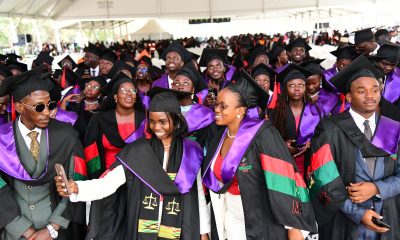
 General1 week ago
General1 week ago
